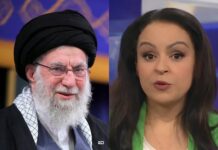Terrorist groups, namely, Al-Qaeda and the Islamic State will now have an open ground to spread their presence in the already terrorized country, thanks to the recent growth in hatred and antipathy in Yemen, a common ground for humanitarian crises.
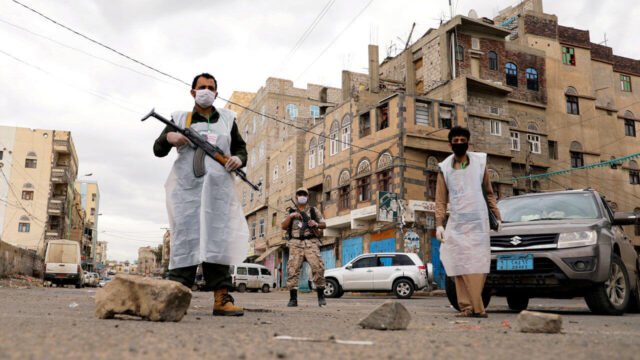
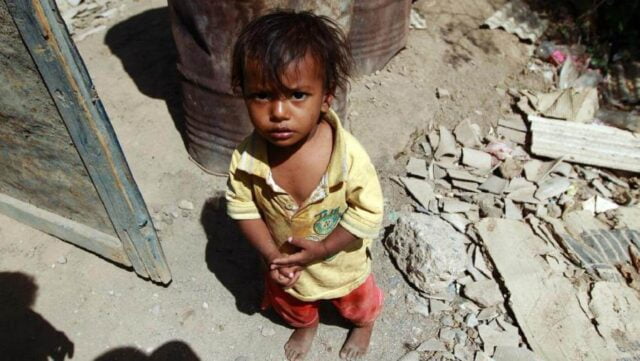
Several parts of Yemen have been disturbingly affected by military confrontations. India’s Deputy Permanent Representative to the UN Ambassador Nagaraj Naidu, at the UN Security Council monthly meeting said, “The situation is highly disturbing and concerning.”
The land of Taiz, Al Jawf, and Sanahas reported many military showdowns resulting in considerable casualties, that have not only ruined but also displaced thousands of civilians.
Mr. Naidu further added, “We are concerned at the recent escalation in hostilities in several parts of Yemen, especially in Marib which hosts a large number of internally displaced Yemenis.”
Adding to the already devastatingly concerning circumstances, the drone and missile attacks by Ansarallah into the Saudi Arabian estates have forced the country to its tormented state.
The organized crime and institutionalized targeting of civilian and energy infrastructure in the country have also added to the present state.
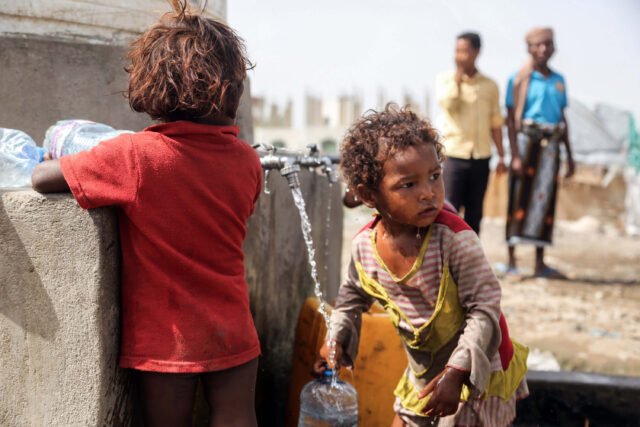
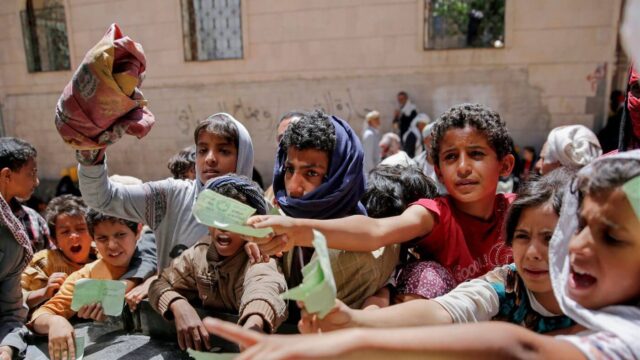
Read More: Yemen: A Spiral Into Chaos
What Is The Current Situation?
Pulling out from violence and striving for a sense of cordiality will be the best possible solution according to the UN organization. All political parties need to take meaningful steps towards negotiations such that peace pertains.
Special Envoy for Yemen Mr. Martin Griffiths observed regarding the conflict in Yemen that Ansar Allah’s opposition to the Marib governorate continues, far more severe than ever before.
Noting the desolate state, he added, “Cross-border attacks have also increased significantly in recent weeks. I am like all of us concerned by the intensification of the missile and drone strikes, including ones that have targeted civilian and commercial infrastructure in the Kingdom of Saudi Arabia. Subsequently, airstrikes took place within the confines of Sana’a city, endangering civilians there as well.”
He said that all the warring parties ought to provide hope and some notion of security to the people whilst their lives are in utter chaos so that the conflict begins to end.
He further lamented, “I am alarmed, to be very frank, that the mere fact of meeting across the table to discuss with us or with others or with each other the contours of ending the war is being framed by some, not by all, as a concession rather than an obligation, as a transaction rather than a priority.”
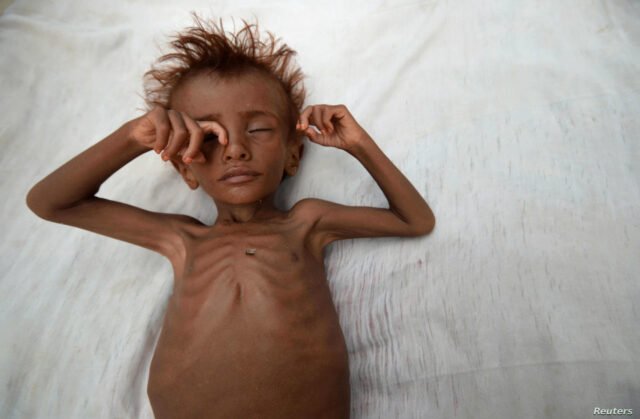
Looking At International Communities
For hope and support, Mr. Naidu looked at other nations saying, “Pledges from Yemen’s regional partners to support humanitarian and aid operations in the country and the enhanced contribution of some donor countries give reasons for hope.”
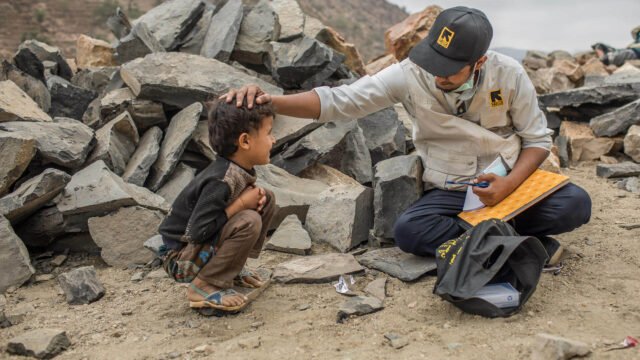
Mr. Naidu recalled that 2 years ago Yemen avoided a humanitarian crisis and yet, political parties have taken absolutely no note on reconciliation and peace. None is willing to back down.
India’s Take On The Matter
Regarding the talks that took place earlier about exchanging prisoners and detainees of the two nations, India expressed how disappointedly the matter ended without reaching any possible solution despite the extension of peace offering from India’s side.
Adding to that, India, still looking towards the brighter side, said that hope remains for the continuation of these talks in the future.
As for the efforts of Yemeni women towards bringing peace to the nation, India extended full support and lauded them for their initiatives and bravery. Mr. Naidu, commenting on the matter, exclaimed that India has always given women liberty and full support in conflict resolution.
And that India reveres women who take a stand. Peace negotiations, peacekeeping, and peacebuilding gain momentum and come out in their entirety only when greater, if not full, the participation of women takes place.
Is There Hope?
As long as there’s life, there’s hope. And so, no matter how severe, this humanitarian crisis can be solved. That being said, certain precautions and measures are to be taken and taken in full seriousness.
Hotspots need to be focused upon. All kinds of skills, insights, and resources need to be pooled. New investment needs to be freed for future and further SDGs, ie, Sustainable Development Goals.
New humanitarian responses need to be designed since the existing ones are invalid. Invisible trauma needs to be addressed. But above all, the hunger for peace and cordiality needs to come from within.
All warring parties and communities need to be in want of truce and unity needs to be the top priority, especially in times of distress, lest the crisis eats up the entire nation and all that’s left is regret.
Image Source: Google Images
Sources: The Hindu, TOI, Business Standard
Find The Blogger: @evidenceofmine
This post is tagged under: Yemen, hostility, hostilities in Yemen, India, terrorism, terrorist groups, terrorist groups in Yemen, Al Qaeda, Islamic State, terror, humanitarian crisis, military, military in Yemen, military confrontation, UN, United Nations, India’s deputy permanent representative, Nagaraj Naidu, UN security council, UN security council monthly meeting, UN meeting on Yemen, Taiz, Al Jawf, Sanahas, casualties, military casualty, civilians, civilians in Yemen, Marib, internally displaced Yemenis, displaces public, refugees, refugees from Yemen, drone attack, missile attack, drone attack in Saudi Arabia, missile attack in Saudi Arabia, Saudi Arabia, Ansarallah, organized crime, institutionalized targeting, oppression, targeting civilians, violence, violence in Yemen, peace, UN for peace, negotiations, political negotiations, special envoy for Yemen, Martin Griffiths, Ansar Allah, Marib governate, Yemeni government, government of India, government of Yemen, cross border attack, commercial infrastructure, Kingdom of Saudi Arabia, airstrike, airstrike in Yemen, Sana, war, Yemeni war, International communities, humanitarian support, aiding operations, prisoner exchange, India and Yemen, India on Yemen, detainee exchange, prisoners of war, Indians detained in Yemen, Yemeni detained in India, women of Yemen, Yemeni women, women empowerment, hotspot, investment, SDG, sustainable development goals, humanitarian response, is there hope for Yemen, India on humanitarian crisis in Yemen, India concerned about Yemen, hostilities in Yemen worries India





